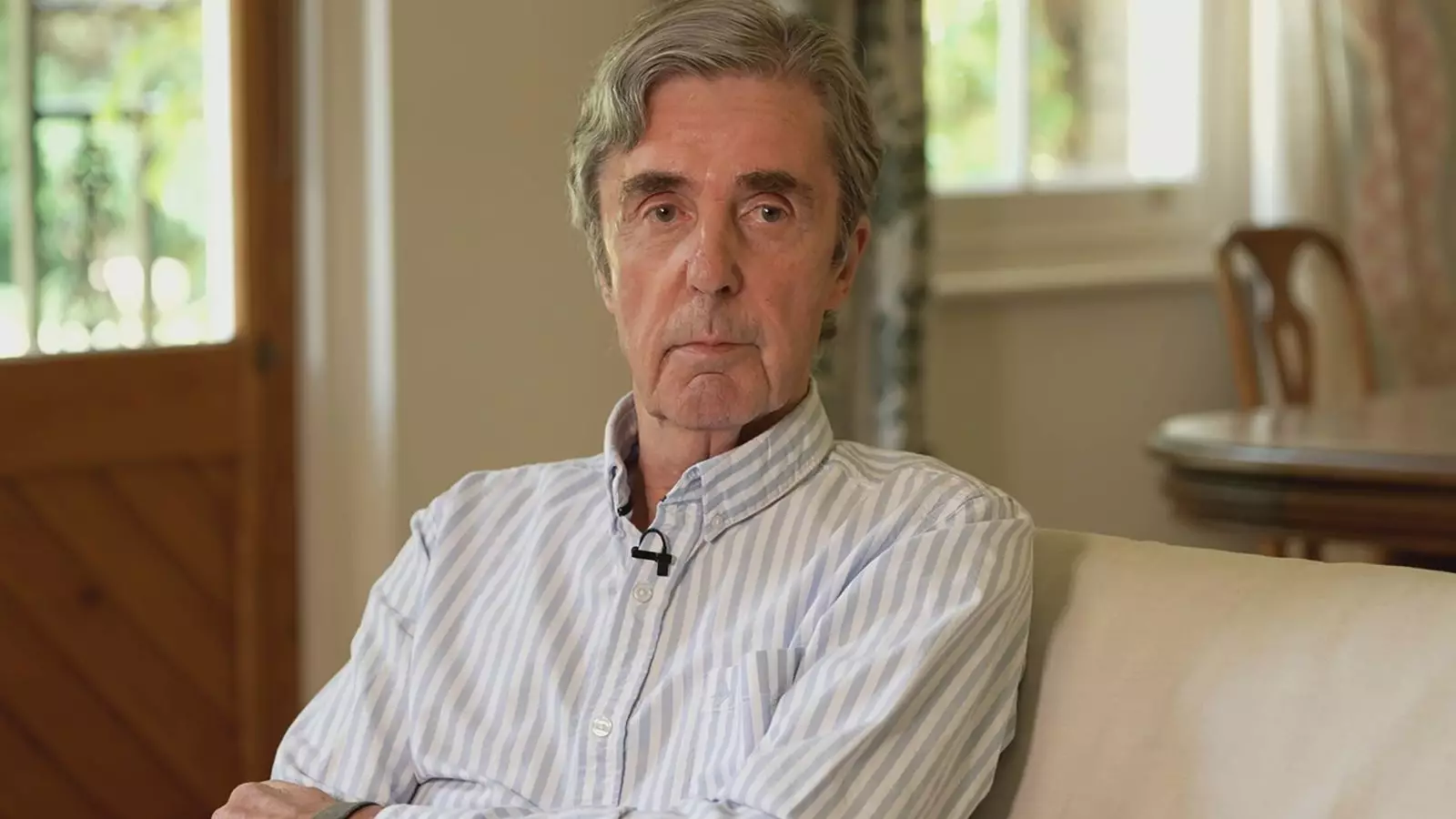For over half a century, John Stapleton embodied the virtues of committed journalism—an unwavering dedication to truth, a compassionate heart, and a steadfast pursuit of public interest. His career was more than just a series of interviews and broadcasts; it was a testament to the power of the media to elevate democracy and hold the powerful accountable. In an era where sensationalism often outpaces substance, Stapleton remained a beacon of integrity, demonstrating that journalism could be both rigorous and humane.
Born in Oldham and starting at humble local papers, his rise through the ranks was fueled by a genuine desire to serve the public good. His early work laid the foundation for a career that would see him expose injustices, challenge authority, and bring complex issues into the public consciousness with clarity and empathy. Unlike many of his contemporaries, Stapleton’s strength was not in spectacle but in substance—quizzing politicians with incisiveness while maintaining a respectful, human touch that resonated with audiences.
Unparalleled Versatility and Professionalism
Stapleton’s adaptability was remarkable. Whether hosting groundbreaking programs like *Watchdog*, engaging in hard-hitting interviews on *Newsnight*, or anchoring bulletins on Sky News, his professionalism shone through. He was known for his calm demeanor, sharp questions, and an uncanny ability to read the room—traits that made him a trusted voice during tumultuous times. His journalistic style was characterized by a steel resolve cloaked in velvet courtesy, reminding us that strength does not need to be harsh.
His interview with Prime Ministers and world leaders exemplified his skill—persistent yet respectful, probing yet empathetic. His 2004 RTS award-winning reporting on the Iraq War exemplified this balance, illustrating his capacity to report on sensitive issues with nuance and insight. In an age where sensationalism often fosters division, Stapleton’s approach was a reminder of the potential for journalism to be brave yet fair.
The Human Side of a Public Figure
Beyond the camera, Stapleton’s personal life reveals a man of remarkable warmth and modesty. His openness about his battle with Parkinson’s—shared publicly in 2022—underscores his resilience in the face of adversity. Living with a disease that affects speech and movement, he refused to be defined by his diagnosis, embodying the same grit he displayed professionally. His acknowledgment of his struggles was rooted in a pragmatic acceptance that reflected his character—stoic, optimistic, and ever-focused on his loved ones.
His family was paramount. His son, Nick, spoke of a man “incredibly loving and generous,” embodying the timeless virtues of kindness and humility. This personal perspective gives us a fuller understanding of the man behind the professional veneer—someone who valued connection, integrity, and doing the right thing, regardless of the spotlight.
Reflecting on the Public Persona and Broader Impact
While the tributes pouring in celebrate his accomplishments and his kindness, they also highlight a broader societal truth: the importance of media figures who uphold moral standards amidst a shifting landscape of journalism’s purpose. Stapleton’s work was not driven by sensationalism or mere ratings but by a desire to inform and empower the public. In a time when media often conspires with entertainment over enlightenment, his career is a call for a more responsible, ethically driven journalism.
His death marks the end of an era, but his legacy prompts us to consider what we expect from public broadcasting and journalists. We need more figures like Stapleton—professionals committed to truth, fairness, and humanity. The media’s role in shaping societal values is vital, and those who serve that role with integrity are rare and precious.
A Reflection on a Life Well-Lived
Stapleton’s passing invites us to reflect critically on the obligations of those who wield the pen and the microphone. His career was a testament to how journalism, when rooted in authentic values, can serve as a stabilizing force—a moral compass guiding society through stormy waters. While modern media often veers into sensationalism and partisan divides, Stapleton’s example challenges us to demand better, to prioritize truth and empathy over clickbait and conflict.
As a centrist liberal, I view his legacy as a model of what journalism should aspire to—an institution that elevates discourse, champions accountability, and recognizes its role as a guardian of democracy. His ability to combine professionalism with genuine human warmth reminds us that at the heart of journalism lies a fundamental commitment to serve the public with honesty and kindness. In honoring his memory, we forge a standard to strive for in our increasingly fractured media landscape.


Leave a Reply